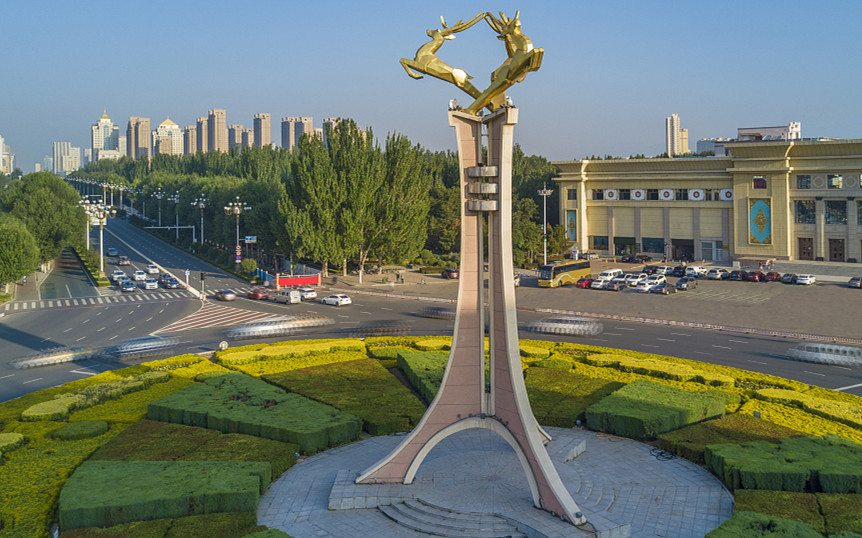New rare earth academic workstation set up in Baotou
The Rare Earth Permanent Magnet Servo Motor Academician Workstation was officially launched in Baotou recently, marking a big step forward for the city’s rare earth industry.
The workstation -- located in the Baotou Rare Earth Research and Development Center of the Chinese Academy of Sciences (CAS) -- will serve as a dynamic new platform. It will focus on major project development and scientific and technological cooperation in the Baotou Rare Earth High-Tech Industrial Development Zone.
The facility is designed to help develop and transform the rare earth industry and to drive innovation-driven development.
Scientists say rare earth permanent magnetic materials have unique properties that make them indispensible to servo motors.
In order to take advantage of Baotou's rich rare earth resources, Gu Guobiao, academic of the Chinese Academy of Engineering, and his research team developed the Rare Earth Permanent Magnet Servo Motor Academician Workstation in Baotou.
Gu will engage in scientific and technological cooperation and research and offer strategic consulting and technical guidance services, among other things.
The workstation will mainly be engaged in the development of high-powered vertical and horizontal-axis rare earth permanent magnet wind turbines.
Officials said it is committed to the research, development, and application of technology. It will also promote the application of rare earth permanent magnetic materials in electric drives and permanent magnet equipment.
The project will be combined with existing design solutions to help redesign and optimize the wind turbine's electromagnetic solutions, mechanical structure, cooling system, and implementation process, with the ultimate goal of improving its overall structure and performance.
The workstation will also make use of the natural environment of Inner Mongolia and Baotou to develop a more efficient power generation plan. It will research and develop new generator systems and boost scientific and technological development in the servo motor field in Inner Mongolia.
Gu is an expert in electrical engineering and has been engaged in the innovation and industrialization of new evaporative cooling technology for large generators since 1958.
To date, he has secured four national invention patents out of a total of 27 applications. He has won a number of national-level honors, including the National Science and Technology Award and the Technology Progress Award of the Chinese Academy of Sciences.

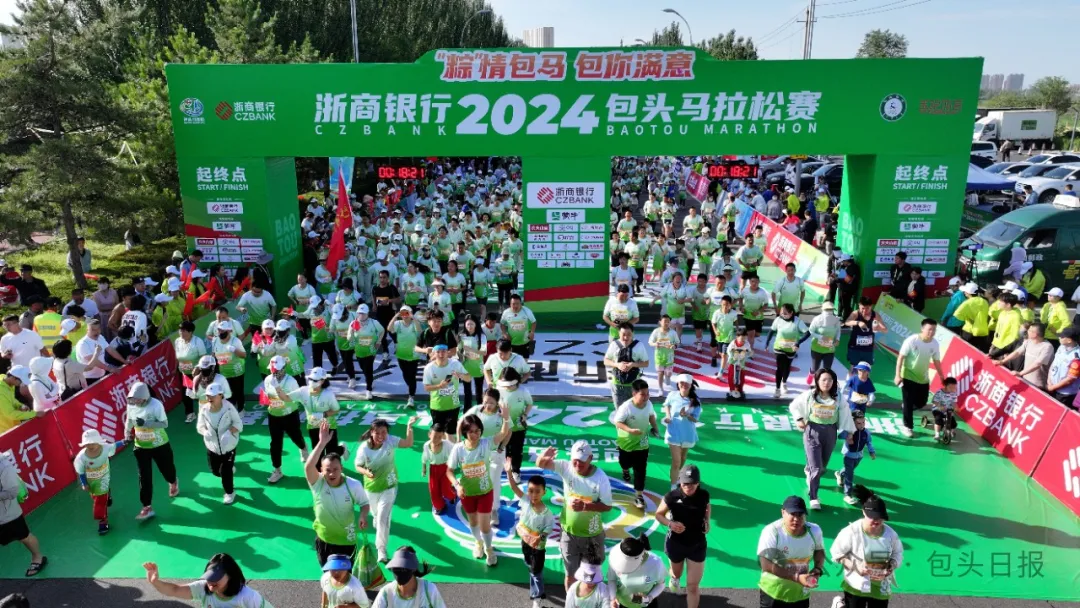
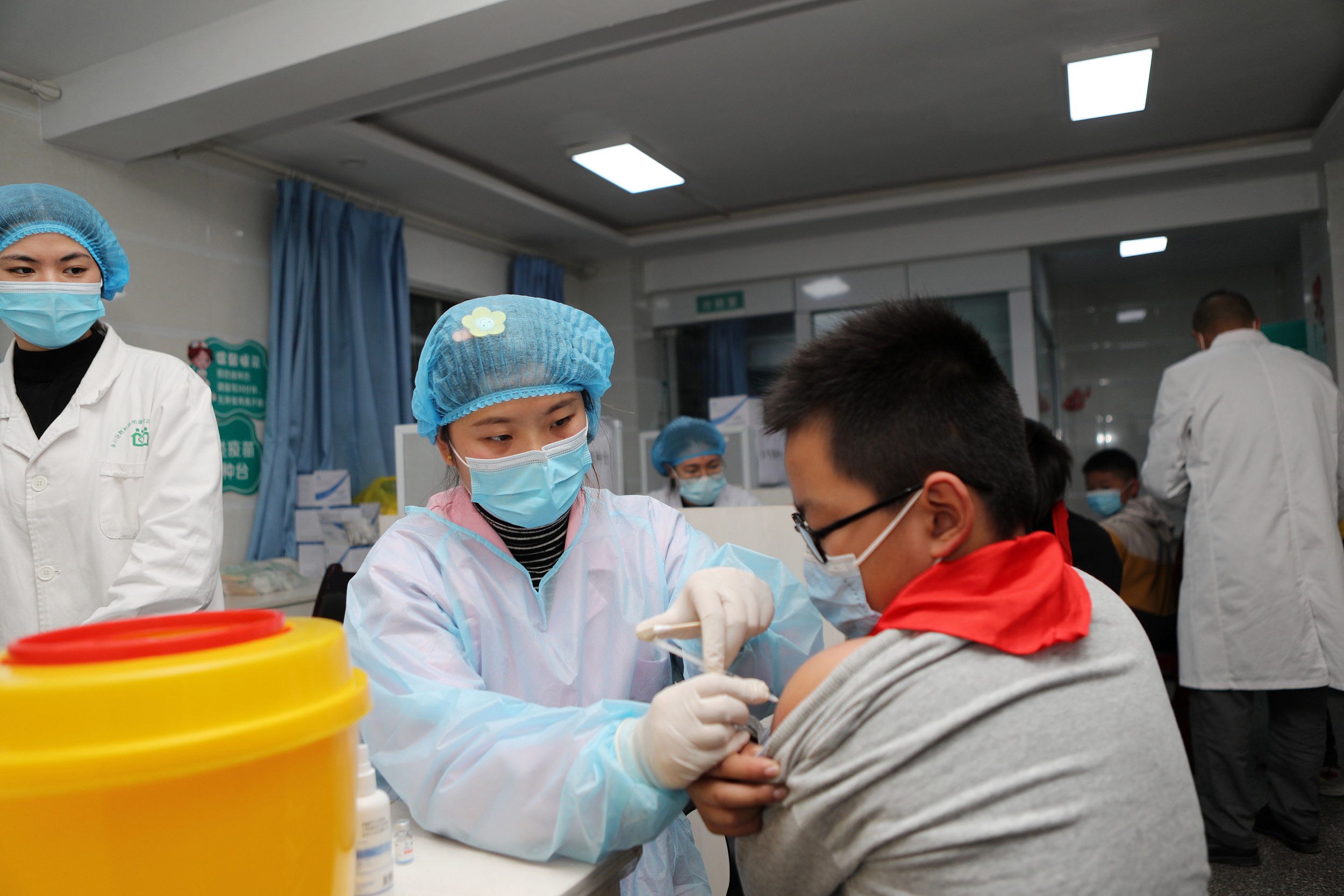
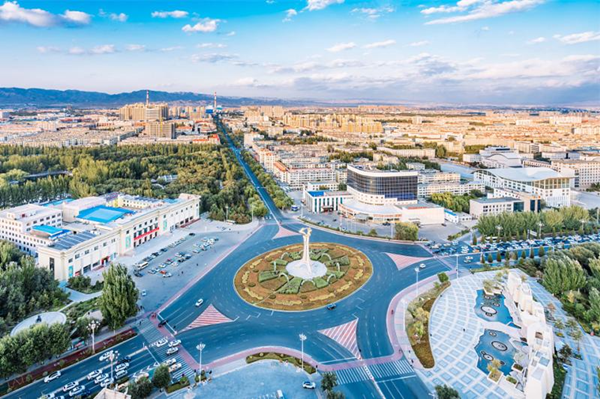
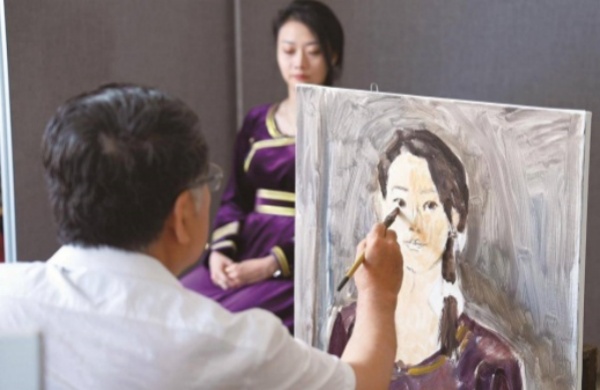
 Sketching and creation tour in Baotou
Sketching and creation tour in Baotou